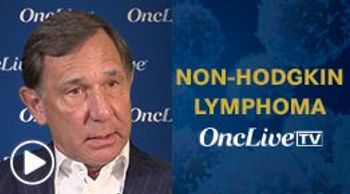
The deputy director and chief of stem cell transplantation at Miami Cancer Institute discussed the study of axicabtagene ciloleucel vs tisagenlecleucel in relapsed or refractory diffuse large B-cell lymphoma.

The deputy director and chief of stem cell transplantation at Miami Cancer Institute discussed the study of axicabtagene ciloleucel vs tisagenlecleucel in relapsed or refractory diffuse large B-cell lymphoma.
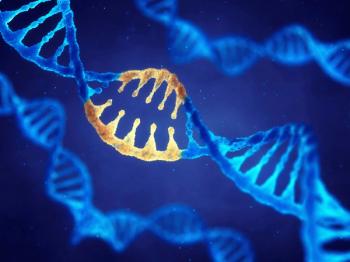
Reductions in annualized bleeding rate remained significant at 2 years in the phase 3 study although recently presented phase 2 data showed significant FVIII reductions at 5 years.
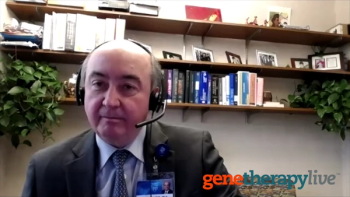
The hematologist/oncologist from Mayo Clinic discussed the growing presence of CAR T-cell therapies in lung cancer and melanoma.
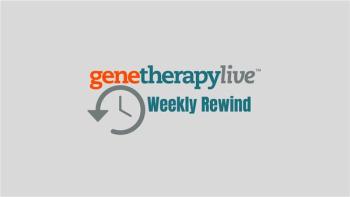
Review top news and interview highlights from the week ending January 7, 2022.
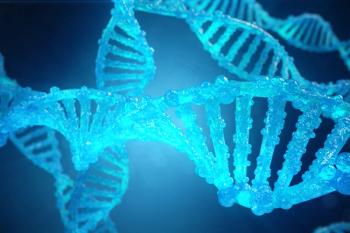
AVRIOBIO announced that it is shifting priorities to focus on their gene therapy programs in Gaucher disease.
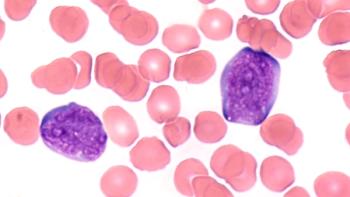
Findings from the phase 2 ENSIGN and ELIANA studies suggest DNA sequencing predicts ALL relapse.

The DSMB has recommended that enrollment expand and doses be escalated from 3.3 to 5 mg in 1 cohort of the KIK-AS study.
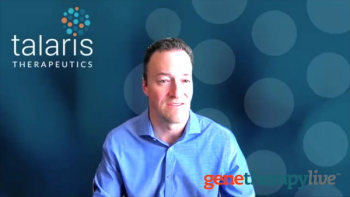
Scott Requadt, chief executive officer, Talaris Therapeutics, discussed the long-term follow-up and FREEDOM-1 trials of FCR-001.
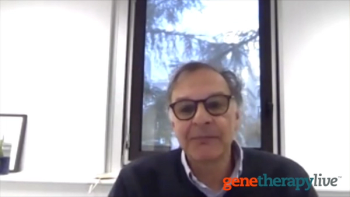
Ralph Laufer, PhD, chief scientific officer, Lysogene, discussed gene therapy programs in GM1 gangliosidosis and Fragile X syndrome.
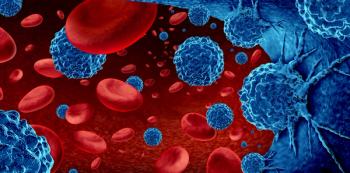
Event-free survival was 68.3% at 6 months, 48.3% at 12 months, and 48.3% at 24 months in patients treated with AUTO1.
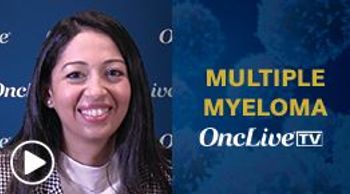
The hematologist/oncologist from Rutgers Cancer Institute of New Jersey discussed ongoing research examining the CAR T-cell therapy ciltacabtagene autoleucel.

The phase 3 GEM-3 study met both its primary and secondary end points compared with placebo in dEB.
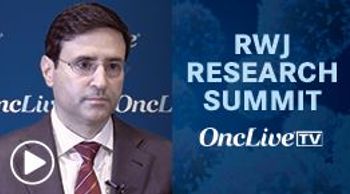
The chief of Cancer Immunotherapy at Rutgers Cancer Institute of New Jersey discussed unmet needs with cellular therapies in metastatic epithelial cancer.

Data from a phase 1/2 trial of AMT-130 supports continued enrollment for a higher-dose cohort of 6 x 1013 vg.
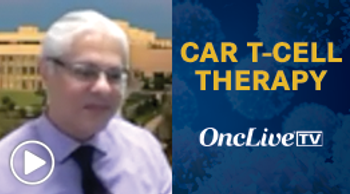
The hematologists from Moffitt Cancer Center and MD Anderson Cancer Center discussed the need for collaboration between academic and community practices for patients who receive CAR T-cell therapy.
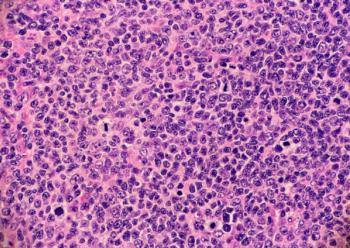
Christopher R. Flowers, MD, reviewed challenges of treating indolent B-cell lymphoma.
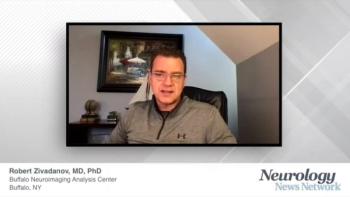
The director of the Buffalo Neuroimaging Analysis Center and professor of Universtiy of Buffalo discussed avenues of research into reversing neurodegeneration in MS.
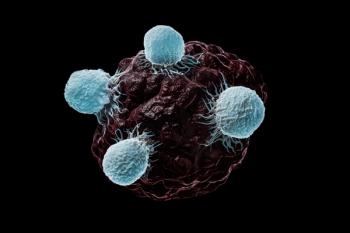
Patients in the liso-cel arm had more favorable overall least square mean changes from baseline to day 126 vs the SOC arm in quality of life scores.

CYNK-001, a non-genetically modified cryopreserved human placental hematopoietic stem cell-derived natural killer cell therapy, is in development for the potential treatment of patients with acute myeloid leukemia.
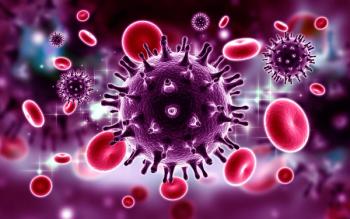
Review some of our most-viewed coverage of advancements in cell therapies, including the latest study results and insights from experts in the field.
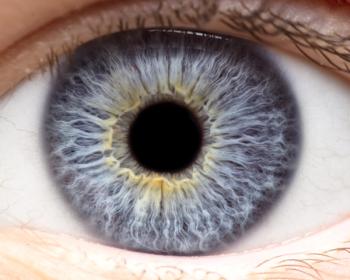
Vision loss was prevented in a mouse model of Fuchs endothelial corneal dystrophy.
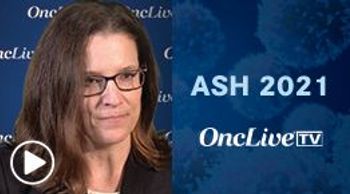
The associate professor from Perelman School of Medicine, University of Pennsylvania, discussed co-administered CART22-65s and huCART19 in relapsed/refractory acute lymphoblastic leukemia.

Review top news and interview highlights from the week ending December 24, 2021.
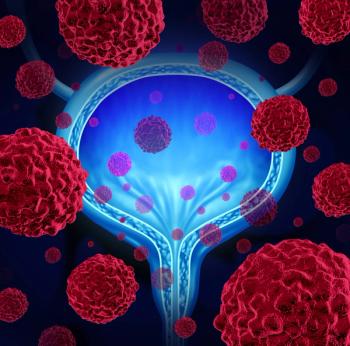
All patients achieved a complete response at 3 months.
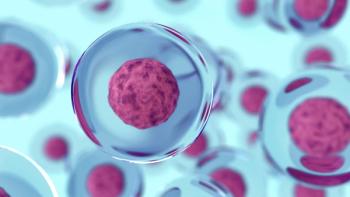
Patients treated with liso-cel had a probability of continued response at 2-years of 49.5%.
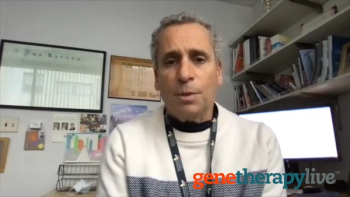
The director of the hemostasis and thrombosis program at Children’s Hospital Los Angeles discussed the ATLAS-INH study of fitusiran.
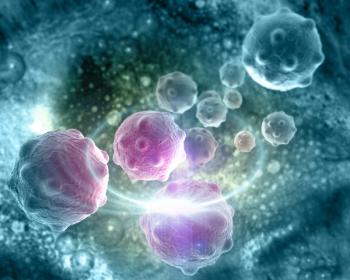
Poseida’s announcement follows their presentation of positive data in metastatic castrate-resistant prostate cancer in September 2021.
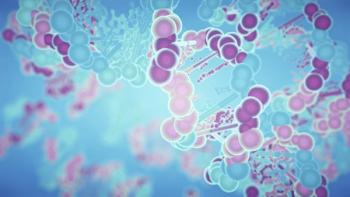
The program is still on clinical hold following SUSARs of myelodysplastic syndrome in treated participants.
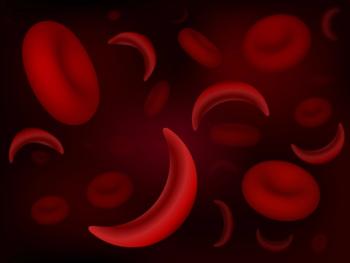
The FDA has placed a partial clinical hold on the program for patients that are under the age of 18 after an adolescent patient developed persistent anemia.
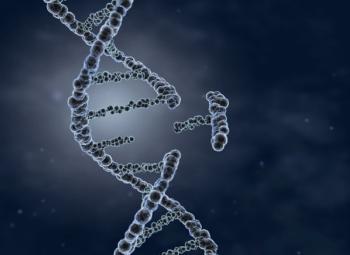
The FDA has placed the investigational new drug application for the treatment on clinical hold.